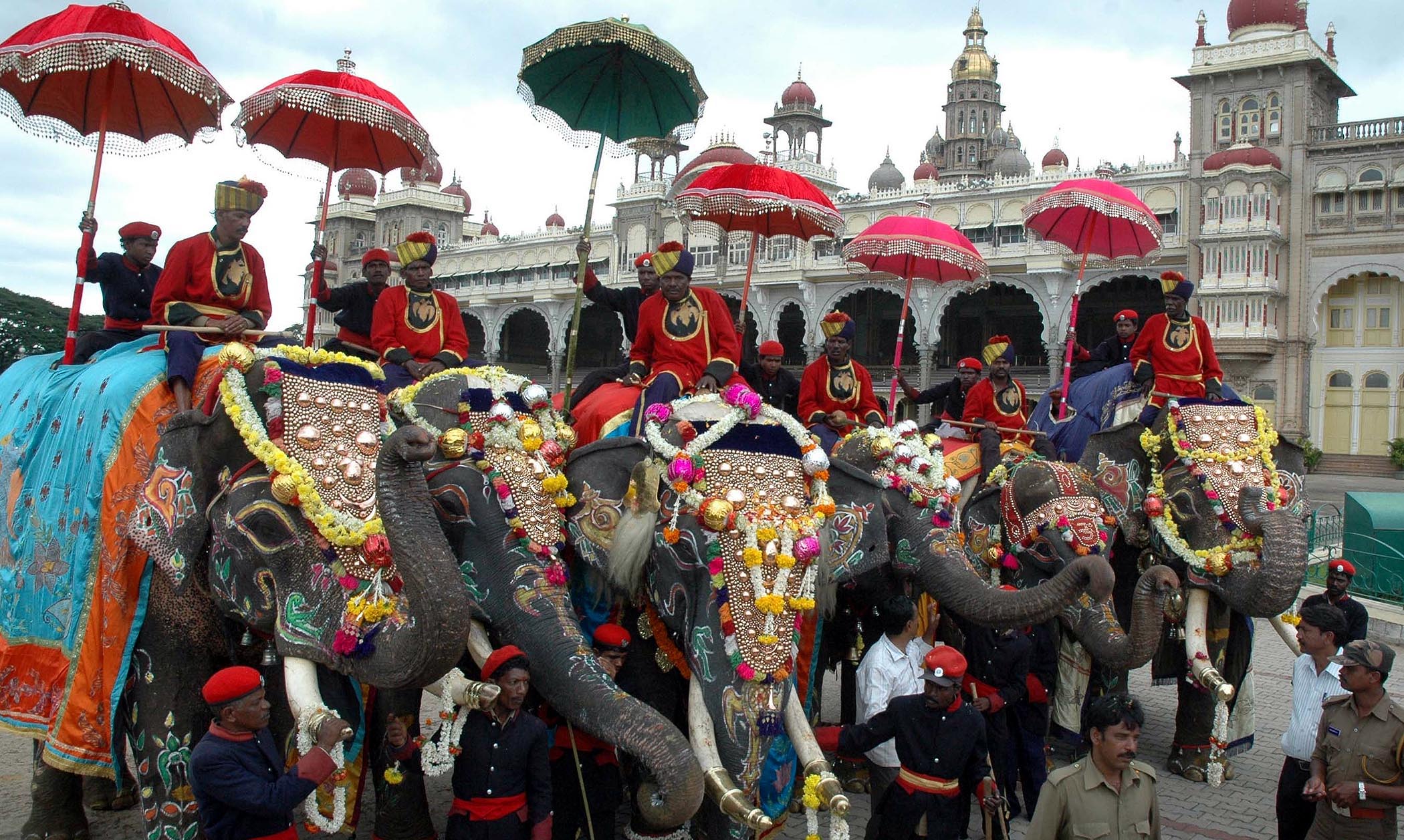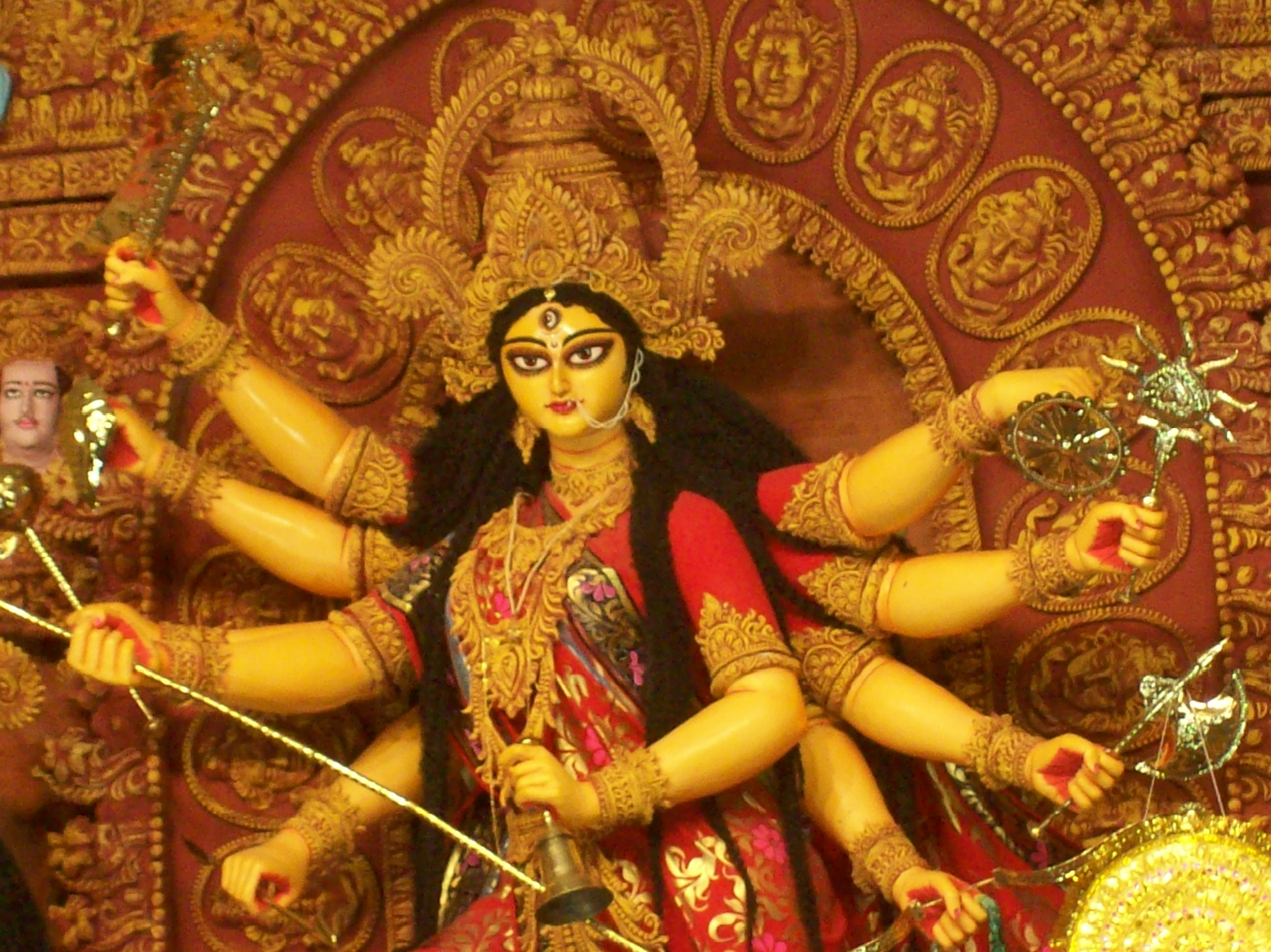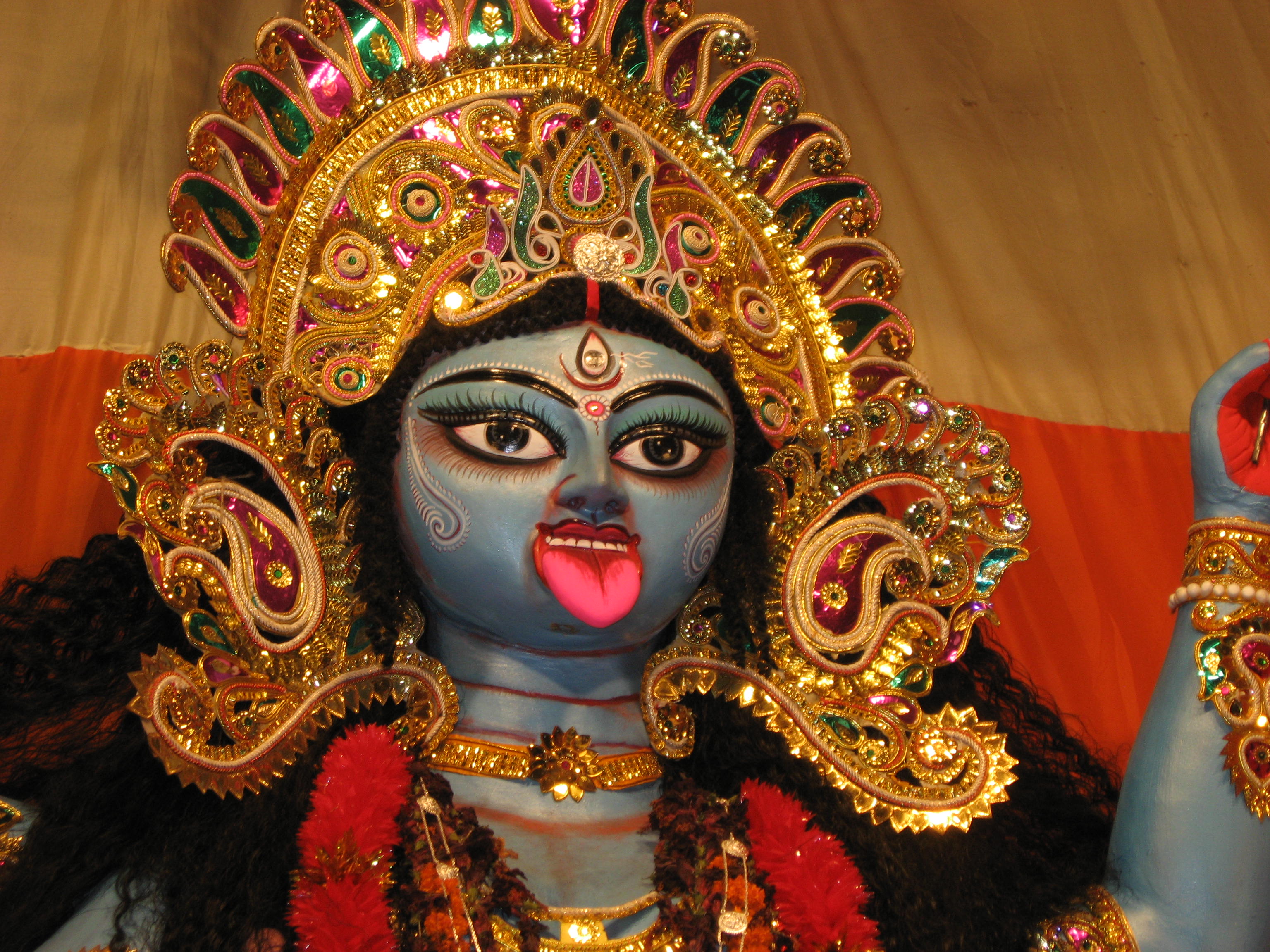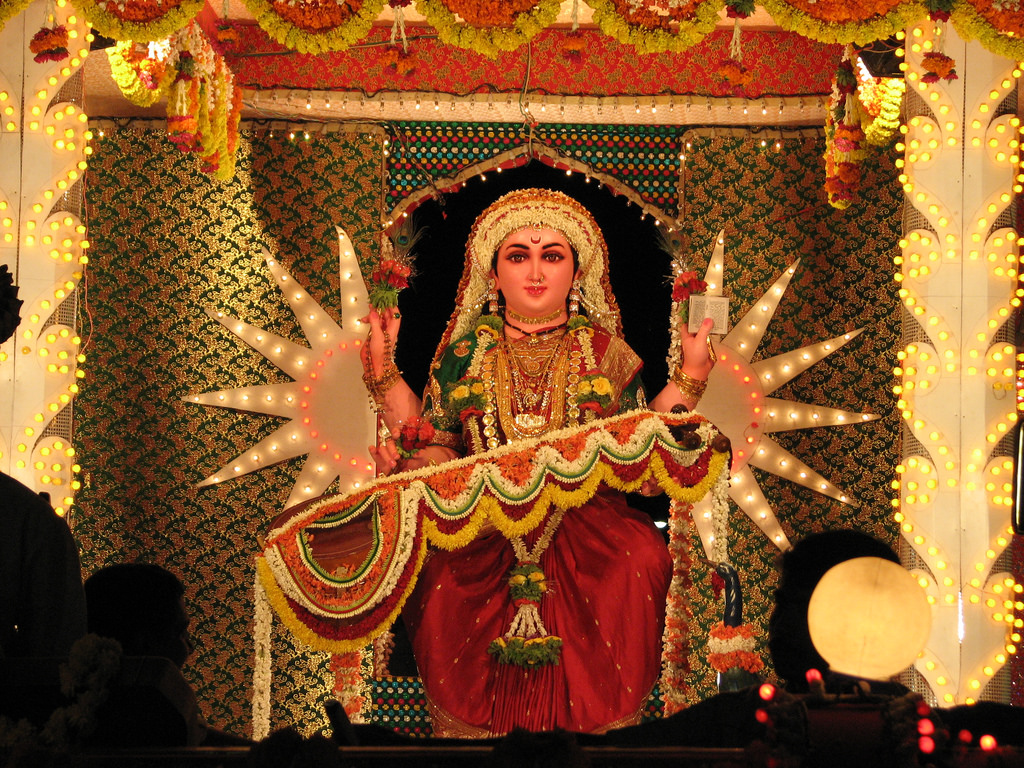Sita and Mandodari: A character study
The role of women in Hinduism has always been one of strength and divinity. Nowhere does one find stronger female characters than in the great Hindu epics, Ramayana and Mahabharata. In Mahabharata, in the Adi Parva, it states, “No man, even in anger, should ever do anything that is disagreeable to his wife; for happiness, joy, virtue and everything depend on the wife. Wife is the sacred soil in which the husband is born again, even the Rishis cannot create men without women.” Hindu women were treated with the highest regard. In the Mahabharata, the whole Mahabharata war began because Duryodana insulted Draupadi, the wife of the Pandavas. In the Ramayana, Rama engaged in war with Ravana because he kidnapped his wife, Sita. In this article, we will look at two of the main female characters in Ramayana.
Sita, demure yet demanding, and Mandodari, denied yet devoted, are two of the strongest female characters in the great Hindu epic, the Ramayana. Sita’s is a name heard in every Hindu household as an example of the ideal Hindu wife. Mandodari is less widely known and is underappreciated by the common man. However, the strength of her character parallels Sita’s in every way.
Sita, born out of mother earth, and raised by King Janaka in the lap of luxury, willingly sacrifices all the comforts of royal life in order to stand by her husband’s side. She exchanges her silks for cotton without a second thought, as she happily accompanies Rama into the forest for fourteen years. And Rama, in turn, fulfilled her every desire while they were in the forest.
Many women, especially in the present day, see Sita as being too victimized and somewhat pitiful. Though she was demure and unfaltering in her duties, she was a very intelligent and even liberated woman. She knew exactly what to say to get exactly what she wanted. She was cherished by Rama and loved him dearly. She convinced Rama to go after the golden deer, and then she even convinced Lakshmana to abandon his duties and go in search of Rama just by the strength of her words. She then became the dutiful woman when she stepped outside the line drawn by Lakshmana to feed the Ravana disguised as the Brahmin. In this whole scene, we see the side of Sita that is liberated and demanding, even though this is what landed her in Lanka.
When she is kidnapped by Ravana, she had the presence of mind to throw her ornaments to the ground so that Rama could find her. She refused Ravana’s advances even though she knew that it could mean death for her. Even though he tried to entice her with all the luxuries of royalty, she stood, unswayed.
With a few similarities and a few stark differences to Sita, we see Mandodari. Mandodari, found in a well, and raised by Mayasura (the king of the asuras) and Hema (a celestial nymph), and forced to marry Ravana out of fear, becomes a dutiful wife and a loving guide for Ravana. She makes many attempts to nudge Ravana into the path of righteousness without once becoming jealous of Ravana’s affections for Sita. She used her skills of eloquent speech and gentle love to save Sita’s life. When Sita rejected Ravana’s advances, he was angered, and raised his sword to behead her. At this moment, instead of letting Sita die, Mandodari caught Ravana’s hand and lowered it, saving Sita’s life so that she may one day return to Rama. Even though she was forced into this marriage, and even though Ravana was hopeless, she fulfilled her duties as his wife, and did it with a lot of love. Her story is one of sacrifice and bad luck, but the strength of her character shines through.
Sita was the ideal wife, but she had the ideal husband. Mandodari on the other hand had a demon for a husband, but she remained steadfast in her duties as a wife. In the Ramayana, she is shown to be a graceful and noble woman whom, if it weren’t for the fact that Sita was isolated, Hanuman could have easily mistaken for Sita. While no Hindu woman goes through life without Sita’s name being invoked, most women never hear of Mandodari and her glory. Sita stood strong against Ravana for loyalty for her husband, and she even stood strong when her husband asked her to leave him and live in the forest. Mandodari unfalteringly tried to prevent her husband from committing unrighteous deeds, and when he died, took responsibility as the queen of Lanka. The situations of these two women were very different, but each one proved her character regardless of her circumstances.
Kavea Panneerselvam












While furosemide produced an 11 to 12 reduction in tamsulosin hydrochloride C max and AUC these changes are expected to be clinically insignificant and do not require adjustment of the tamsulosin hydrochloride capsules dosage see Clinical Pharmacology 12 augmentin pneumonia 1991; 148 1 121 126